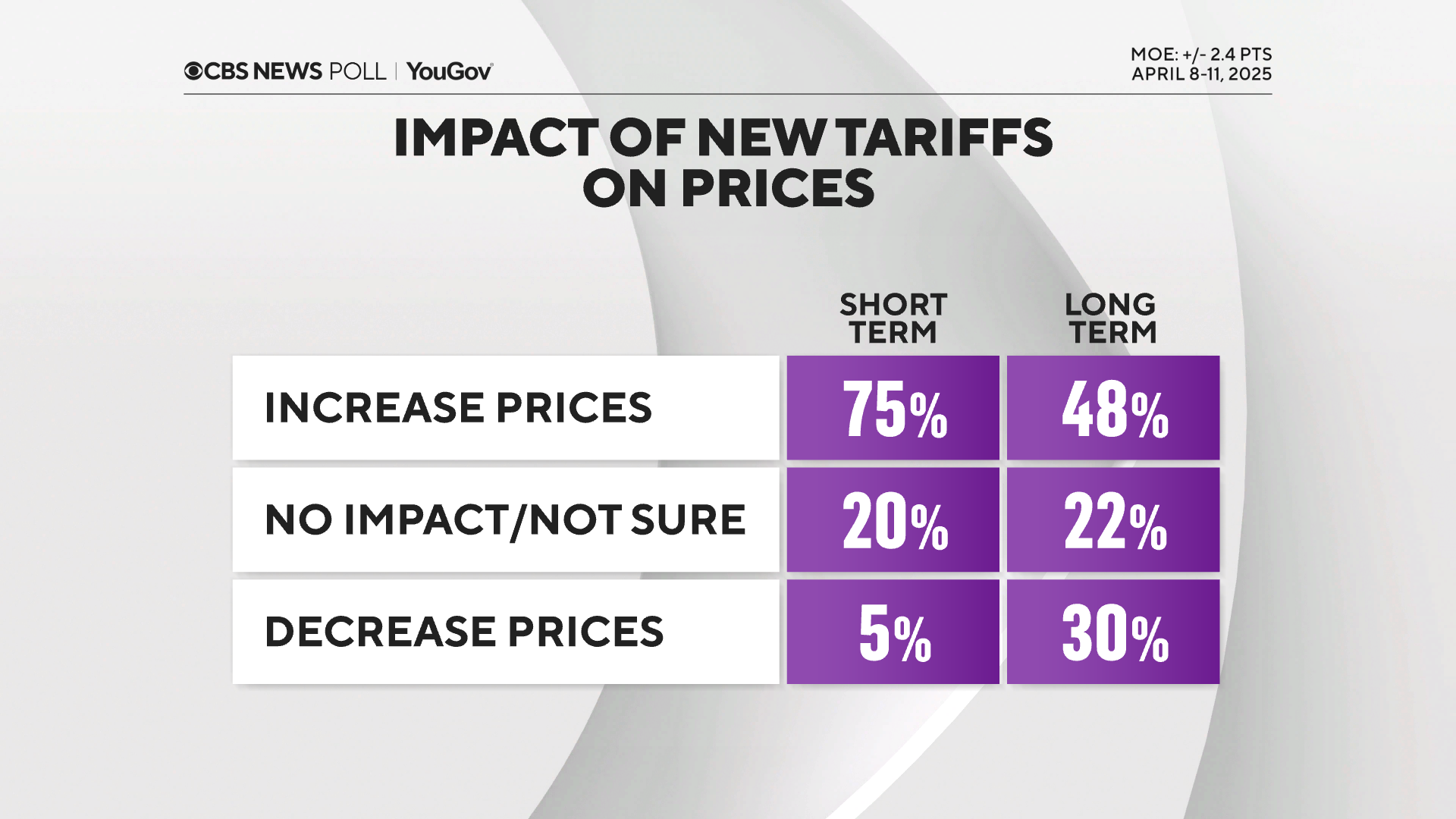The Canadian economy is in turmoil, and the fallout from the ongoing trade war with the United States is hitting young Canadians the hardest. According to a recent study, nearly half of Canadians aged 18-34 report feeling anxious about their finances, with many feeling as though their lives are on hold due to economic uncertainty. It’s a harsh reality, and the statistics paint a grim picture for a generation that is already grappling with soaring costs and stagnant wages.
Young Canadians Face Economic Despair
As reported by Global News, a staggering 45% of younger Canadians feel stressed about their financial situations. This sentiment is echoed by economist Armine Yalnizyan, who describes this phenomenon as a "youth-cession." Young people are not just facing job shortages in their typical sectors such as retail and hospitality; they are also dealing with rising costs for essentials. The situation is dire, and it’s pushing many to live paycheck to paycheck.
Labor Market Challenges Intensify
The latest figures from Statistics Canada reveal an alarming youth unemployment rate of 14.2%, a significant increase from 10.8% pre-pandemic. This is compounded by an even higher unemployment rate of 17.4% for students seeking summer work. The landscape is bleak; jobs that typically employ young Canadians are disappearing, and those that remain often do not offer the stability or pay needed for a sustainable future.
\n\n
Trump tariff plans bring concern about prices, financial ...
Debt Index Highlights Financial Strain
The MNP Consumer Debt Index has further underscored the financial strain felt by younger adults. It shows that many are stalling on life goals due to their precarious financial situations. A staggering one-third of young Canadians report feeling unable to set aside money for important milestones like buying a home or furthering their education. This is a critical indicator of the long-term impact of economic instability on youth.
Wage Stagnation and Rising Costs
As costs for basic necessities continue to rise, wage growth remains stagnant. Young people are caught in a cycle of increasing prices and diminishing job opportunities. Yalnizyan emphasizes that many are putting off major life decisions, such as starting families or investing in homes, due to the prevailing economic uncertainties. This trend not only affects individual lives but also poses broader implications for the economy as a whole.
Who Benefits Amidst Economic Chaos?
While younger Canadians are suffering, the MNP report reveals a contrasting reality for older, wealthier households. Those with higher incomes and less debt are managing to save more and reduce their spending, which highlights the stark wealth inequality that pervades our society. Households led by individuals aged 55 and older are reportedly saving $84 more each month, while those earning between $60,000 and $100,000 are saving an additional $260. This disparity underscores the urgent need for policies that address wealth inequality and provide support for younger generations.
Urgent Policy Changes Needed
Experts are calling for immediate public policy interventions to support the Canadian labor market, especially for young people. Yalnizyan advocates for investments in sectors that could provide meaningful employment opportunities for the next generation, such as healthcare, construction, and infrastructure. The current economic landscape demands a proactive approach from policymakers to ensure that the taxpayer money is utilized effectively to uplift those most affected by economic downturns.
The ongoing trade war and its implications for the Canadian economy cannot be overstated. The uncertainty surrounding tariffs is leading to fewer job opportunities and higher unemployment rates, particularly among young people. As the crisis unfolds, it becomes increasingly clear that the younger generation is not just facing a temporary setback; they are at risk of being permanently scarred by economic instability.







![[Video] Gunfire between Iraqi security forces and Sadr militias in Baghdad](/_next/image?url=%2Fapi%2Fimage%2Fthumbnails%2Fthumbnail-1768343508874-4redb-thumbnail.jpg&w=3840&q=75)
